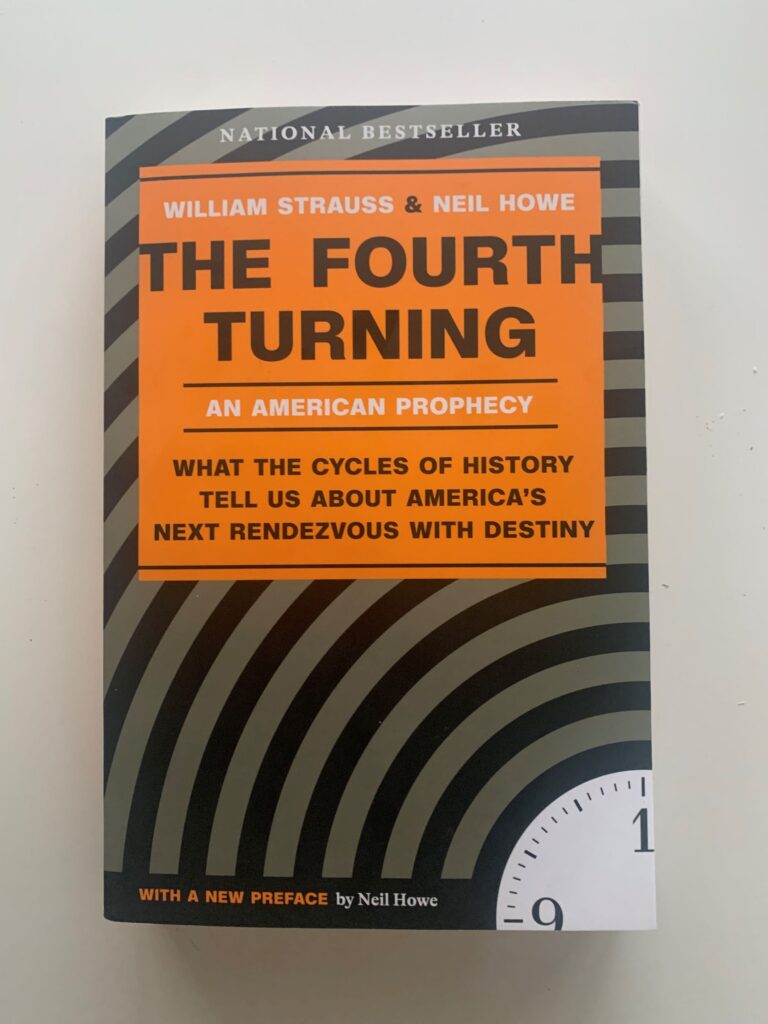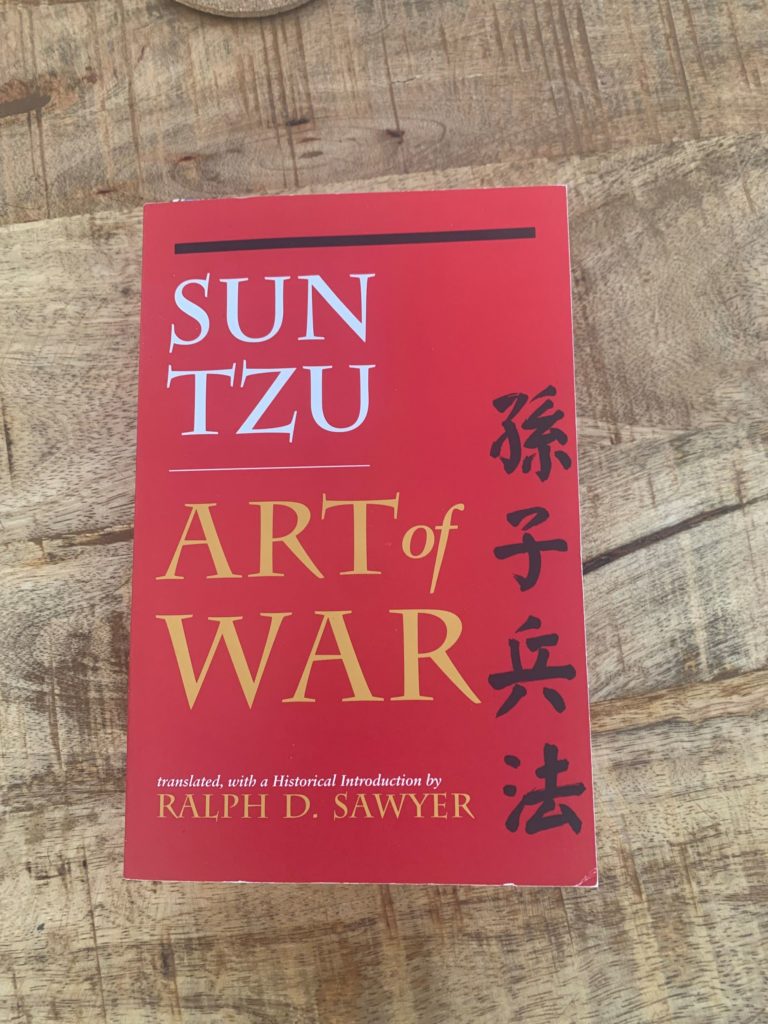We are literally mid-winter around here. We are also supposed to be entering winter in the seasons of the saeculum. This chapter is all about the seasons. It covers the major categories of what defines and aligns the period. It also goes through all of the seasons and the transitions of the American focused period. There was a lot here, so let us get into it.

Remember in US history class, it always starts at the beginning? Same with this theory. In this book, it actually goes back further than most US history text. The point is to understand the cycle and subsequent turmoil to actually create the America that we know. Where US history classes focus on the what, this book makes a huge effort on the why.
Like the previous chapters, we ultimately have to add some more labels. Don’t get mad, I didn’t do this but be darn sure that you get this or you will get lost in all of the comparisons. Last week I talked about the generations and their nicknames. This week we get schooled in those time periods. The heroes are still the heroes no matter what stage of the saeculum we are in.
- First Turning – High
- 0-20 years old: Profit (Baby boomer) generation
- 21-40 years old: Hero (GI) generation
- 41-60 years old: Artist (Silent) generation
- 60+ years old: Nomad (Lost) generation
- Second Turning – Awakening
- 0-20 years old: Nomad (GenX) generation
- 21-40 years old: Profit (Baby boomer) generation
- 41-60 years old: Hero (GI) generation
- 60+ years old: Artist (Silent) generation
- Third Turning – Unravelling
- 0-20 years old: Artist (Millenial) generation
- 21-40 years old: Nomad (GenX) generation
- 41-60 years old: Profit (Baby boomer) generation
- 60+ years old: Hero (GI) generation
- Fourth Turning – Crisis
- 0-20 years old: Hero (GenZ) generation
- 21-40 years old: Artist (Millenial) generation
- 41-60 years old: Nomad (GenX) generation
- 60+ years old: Profit (Baby boomer) generation
The list above highlights the generations and their positions during each turning. The thing that sticks out in my mind is that Gen Z is the hero generation. This means we need to pay particular attention to that generation because they will be the precedent setters for the next High and unity period. In this theory, the Nomad generation should be solidly in charge by this point but given the size of the Baby Boomers versus GenX, I still do not see that to be universally true.
This chapter also goes into the factors that comprise the individual turnings. Those would be things such as politics, foreign affairs, economy, family and society, population, social disorder and culture. All are fascinating and seem to hold true thirty years after the book was written. I cannot write about all of that, it is too much detail for a weekly summary so I encourage you to read for yourself.
One thing I can say for sure is that each of those factors has a high and a corresponding low. Generally speaking, that is a unifying period in a high to a completely decentralized period in the unraveling. This is to say that the opposite of the hero generation is the nomad generation and so tastes and expectations will keep riding this circle as the saeculum moves on. The same is true with the profits and the artists. The profits start the descent from the unity until the nomads complete it. Then the artist generation starts the unification until the heroes complete it (that is if the Millenials survived the ‘Tide Pod Challenge’).
But that is just it. Social media is unifying the culture in ways that we can even imagine. Yes the Tide Pod challenge was highly stupid. In my opinion so were flash mobs, Ice Bucket challenge and likewise VSCO girls and Tik Tok dancing. It is not the activity nor the platform but the desire to ‘go viral’ that seems to live inside of everyone. It the reason nobody cares people spew opinions to their circle of fiends. I guess that includes myself in that statement.
The thing that this book has really impressed on me is that I used to believe that generations rebelled from rebellion sake. When a society is in a high, what is the purpose of rebellion and destroying that? What I have come to understand is that the cycle is unavoidable. It is the destiny of each generation to fulfill their position in the respective saeculum.
I never expected to get this perspective realignment from this book. It has actually opened my eyes to be more accepting to all of these new ideas and practices that the new generations adopt. Don’t get me wrong, I don’t plan to embrace or even adopt most these new ideas but I can understand where they are coming from and will temper my tendency to denigrate them.
End Your Programming Routine: Next week you will get a break, the chapter is only a couple of pages long. Expect that I will be briefer than normal. Following that we will be reading and talking about the seasons in our current saeculum. That should be interesting to do a deep dive. If you are reading along with me, I am sure that you will agree that mastering the vocabulary is the critical step to really getting enriched by this though provoking theory.



Recent Comments